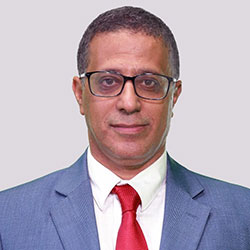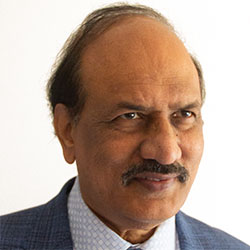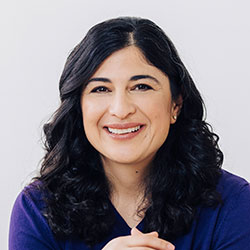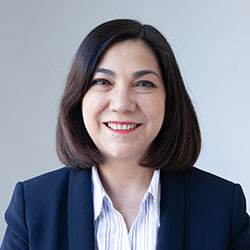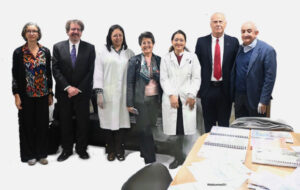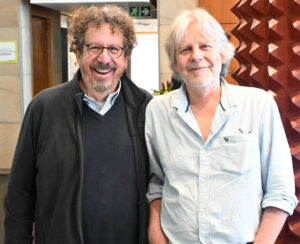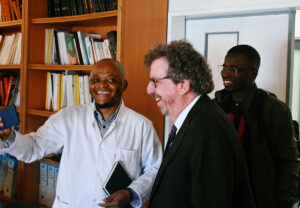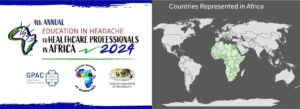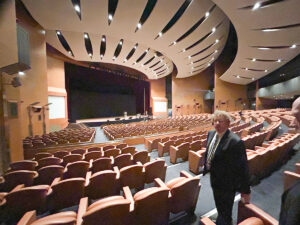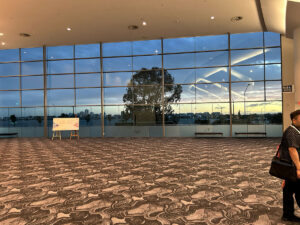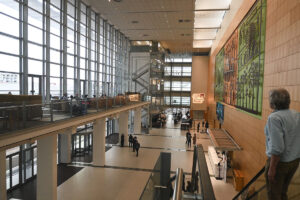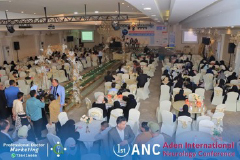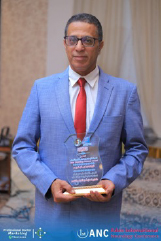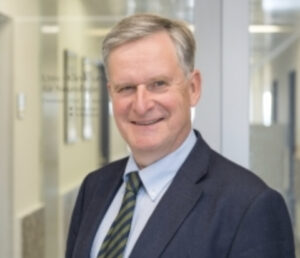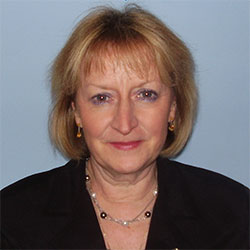
Shaw
I am Prof. Dame Pamela Shaw, professor of neurology at the University of Sheffield in the United Kingdom. I am also director of the Sheffield Institute for Translational Neuroscience (SITraN), where we were honored to be awarded the Queen’s Anniversary prize, the highest national honor for U.K. universities, for improving outcomes for patients with conditions such as motor neuron disease, Parkinson’s disease, dementia, and stroke.
My specialist area is in the field of neurodegenerative disorders, especially motor neuron disease/amyotrophic lateral sclerosis (ALS/MND). My research developing neuroprotective therapies and multidisciplinary care for ALS/MND has produced more than 600 papers with approximately 60,000 citations, and improved life expectancy and quality of life for patients facing this devastating condition, which is increasing globally along with other age-related neurodegenerative disorders.
Addressing global disparity in patient access to neurological care and specialist expertise is crucially important in the current era where new treatments are being developed for hitherto intractable neurological conditions. The World Federation of Neurology (WFN) has a central role to play in increasing educational and training opportunities and widening patient access to care and clinical trials.
If appointed as the first female WFN president, I would increase the visibility of women neurologists within our global community, explore with clinical teams and trial sponsors ways of developing new trial sites in underserved areas with training opportunities, and further the development of our training centers and e-learning courses.
I would like to explore opportunities to increase income generation for WFN activities, including philanthropic support to underpin fellowship and training opportunities for early career neurologists/neuroscientists. I would promote patient participation in the executive team and take advice on patient priorities and, together with WFN partners, build consensus on the most important, feasible, and urgent priorities to deliver for global neurological communities. •
